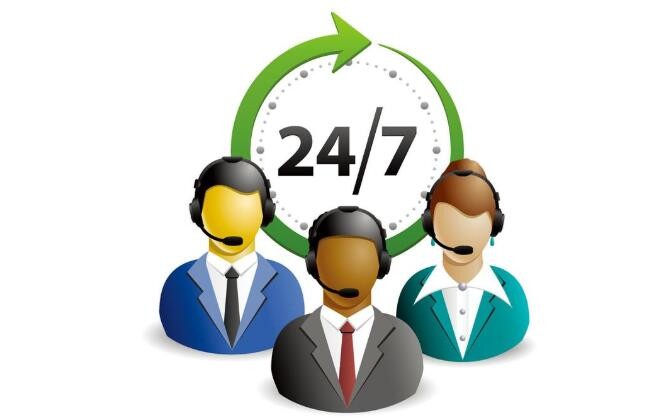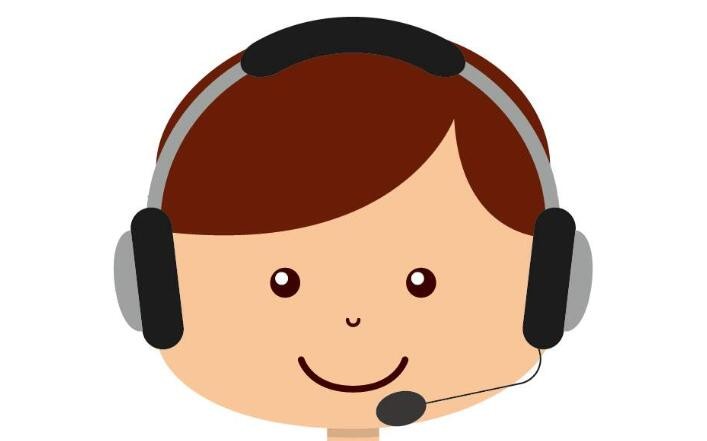The English translation for daily use is an essential aspect of language learning and communication. It enables inpiduals to effectively express their thoughts and interact with others in English-speaking environments. This article delves into the importance, benefits, common phrases, and resources available for improving English translation skills in daily life.

Importance of English translation for daily use
English translation plays a crucial role in facilitating effective communication, both verbally and in written form. In today's globalized world, proficiency in English translation is highly valued, as it allows inpiduals to engage in various professional, academic, and personal settings. Whether it's for business negotiations, academic research, or conversations with friends, having the ability to translate thoughts accurately is essential.

English translation is particularly important for non-native English speakers who may encounter language barriers in their daily lives. It helps bridge the gap between different cultures, enabling meaningful exchanges and fostering understanding. Furthermore, the ability to translate English effectively enhances one's employability, as many job opportunities require strong communication skills in English.

Benefits of improving English translation skills
Moreover, improving English translation skills enhances overall language proficiency. It helps inpiduals expand their vocabulary, understand grammar structures, and develop a deeper understanding of idiomatic expressions. As a result, language learners become more confident and articulate in their English usage.

Common phrases for daily English translation
1. "How are you doing?" - A common greeting used to inquire about someone's well-being.
2. "Could you please repeat that?" - This phrase is helpful when asking for clarification or when you didn't hear something clearly.
3. "I'm sorry, I don't understand." - Useful when you need to express that you didn't comprehend what was said.
4. "Can you help me, please?" - A polite way to ask for assistance or directions.
These are just a few examples, but mastering common phrases and expressions enables inpiduals to navigate everyday situations with ease, ensuring effective and accurate communication in English-speaking environments.

Resources for improving English translation skills
1. Online translation tools and dictionaries - Websites and apps like Google Translate, Merriam-Webster, and Oxford Dictionaries provide instant translations and definitions, ensuring accuracy and expanding vocabulary.

2. Language exchange programs - Platforms such as Tandem and HelloTalk allow learners to connect with native English speakers, facilitating language practice and real-life translation scenarios.

3. English language courses and textbooks - Formal language courses and textbooks, such as those offered by British Council and Cambridge University Press, provide structured learning materials and exercises for improving translation skills.

4. Reading and watching English content - Engaging with English literature, newspapers, podcasts, movies, and TV shows exposes learners to different styles of communication, enhances vocabulary, and improves overall language proficiency.

Summary
In conclusion, the English translation for daily use is a vital skill that enhances effective communication and fosters cultural understanding. Improving translation skills offers a range of benefits, allowing inpiduals to express themselves confidently and navigate various situations. Mastering common phrases and utilizing available resources, such as online translation tools and language exchange programs, can greatly facilitate language learning and enhance translation abilities. By continuously practicing and engaging with English content, language learners can achieve fluency and proficiency in English translation for daily use.
标题:howabout用英语怎么说(How about- English translation for daily use)
地址:http://www.hmhjcl.com/bingxiang/111490.html

